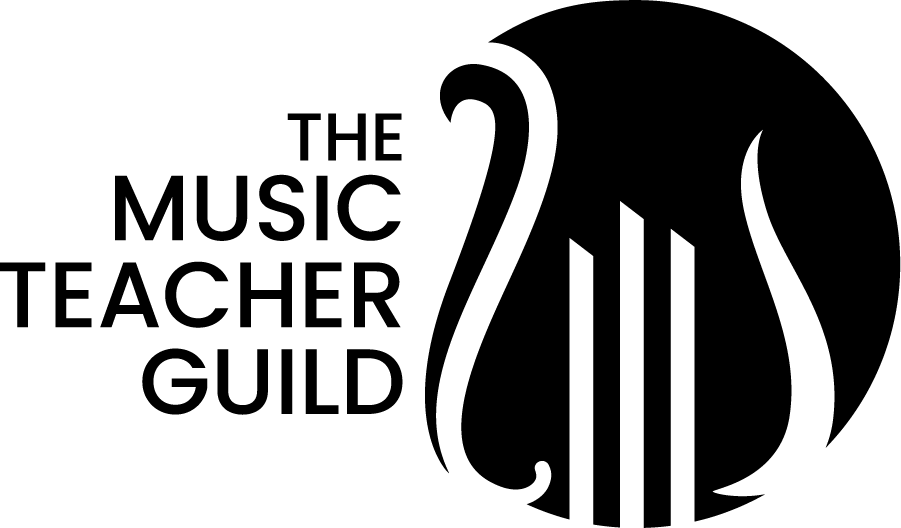Pathways to Career Advancement for Music Teachers
For music teachers, career advancement means more than just climbing a ladder; it’s about enriching your teaching practice, reaching new students, and unlocking leadership potential. Whether you're just starting your teaching career or looking for ways to level up after years in the classroom, there are numerous pathways for professional growth. In this post, we'll explore various ways you can enhance your career and expand your influence in the world of music education.
Understanding Career Advancement in Music Education
Career advancement in the music teaching profession takes on many forms, depending on personal goals. Some teachers aspire to lead music departments, while others may seek to expand their influence by developing new programs or transitioning into administrative or consultancy roles. There’s also the potential for growth through specialization in a niche, like conducting, early childhood music education, or music therapy.
Traditional pathways often involve staying within the school system, gaining seniority, and taking on more responsibilities. Non-traditional pathways might include moving into educational technology, creating online courses, or becoming a published author of teaching resources.
Enhancing Skills and Qualifications
The music education field is always evolving, and staying up to date with current trends and techniques can help you stand out. Professional development courses and certifications are essential for keeping your skills sharp and boosting your resume.
Consider pursuing advanced degrees or certifications in areas such as:
Kodály, Orff, or Suzuki methods
Music therapy or music education for special needs students
Master’s or Doctoral degrees in music education or conducting
These credentials open doors to higher pay, administrative roles, and even collegiate teaching positions. Plus, they deepen your knowledge and give you new perspectives on teaching.
Networking and Professional Communities
Building relationships with other professionals is a crucial part of advancing your career. Joining music teacher associations like the National Association for Music Education (NAfME) or attending music education conferences can give you access to valuable resources, mentorship, and job opportunities.
Workshops and conferences not only allow you to hone your skills but also provide a platform to meet influential people in the field who can support your career. Engaging with online communities of music educators can also provide insights and opportunities for collaboration.
Exploring Leadership Roles
Leadership roles can take many forms, from serving as the head of a music department to mentoring younger teachers or overseeing district-wide music programs. For teachers who enjoy the administrative side of education, these positions offer the chance to shape programs and curricula on a broader scale.
Additionally, music education consulting is an emerging field where experienced teachers can offer their expertise to schools, districts, or private music academies. Consultants often help with curriculum development, program evaluation, or instructional coaching, providing a new way to impact music education.
Expanding into New Areas of Music Education
Teaching doesn’t have to happen solely in a classroom setting. Expanding into private lessons or starting a music studio allows you to work with students one-on-one and shape your teaching business. You can also write and publish educational content such as books, sheet music, or even create video tutorials and masterclasses for platforms like YouTube or Udemy.
Diversifying your career this way not only helps you reach new students but also gives you more control over your work and schedule.
The Role of Technology in Career Advancement
Technology has revolutionized music education, creating a wealth of new opportunities for growth. Platforms like Zoom, Google Classroom, or Teachable allow music teachers to offer online lessons and courses, reaching students beyond their local area. Some teachers have found success creating YouTube channels or social media platforms to share their knowledge with a wider audience, building a brand and reputation that opens up new career possibilities.
Additionally, teachers who are tech-savvy can develop online resources, such as apps or instructional materials, to aid other educators.
Conclusion
The pathways to career advancement for music teachers are as varied as the notes in a symphony. By continually developing your skills, expanding your network, and exploring new roles, you can find ways to grow both personally and professionally. Whether you’re seeking leadership opportunities, exploring new teaching methods, or leveraging technology to connect with students worldwide, the future of your career is in your hands.

